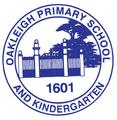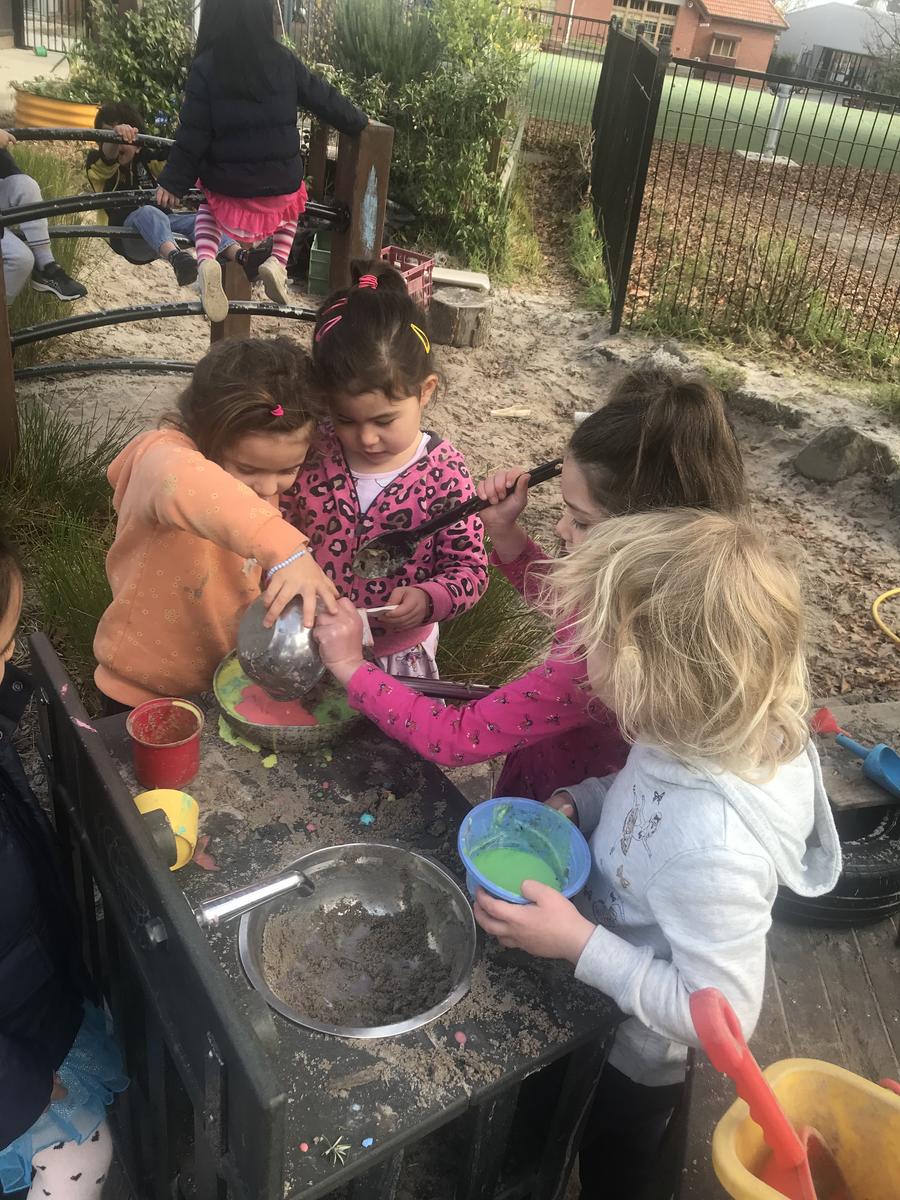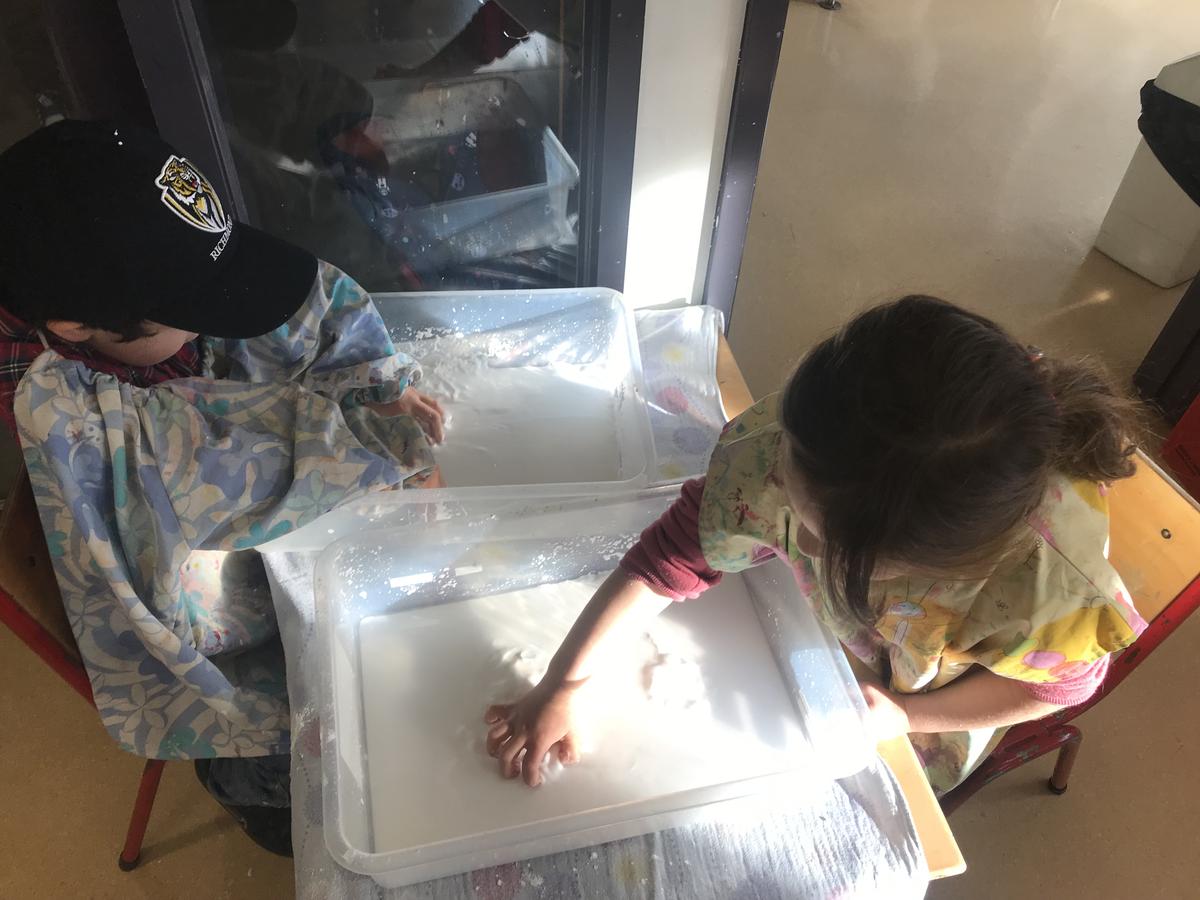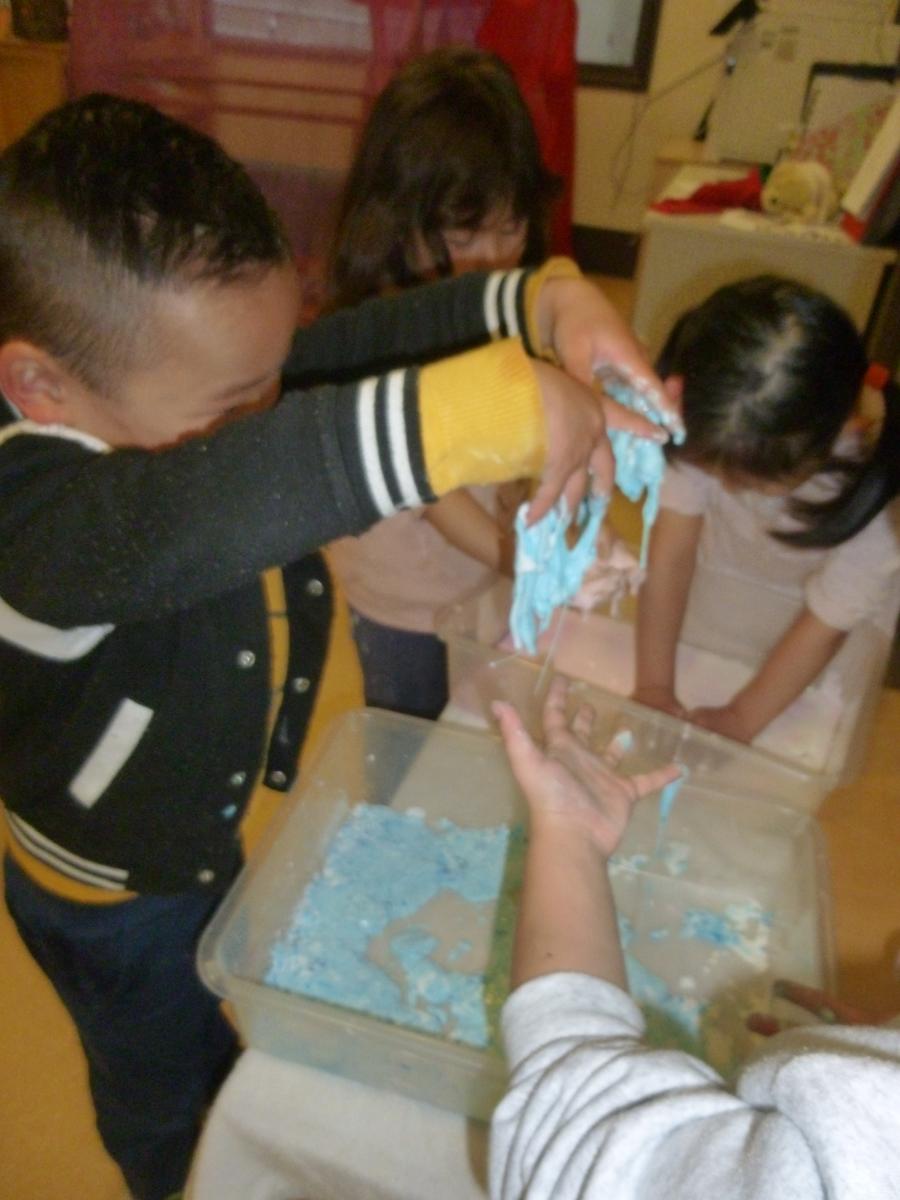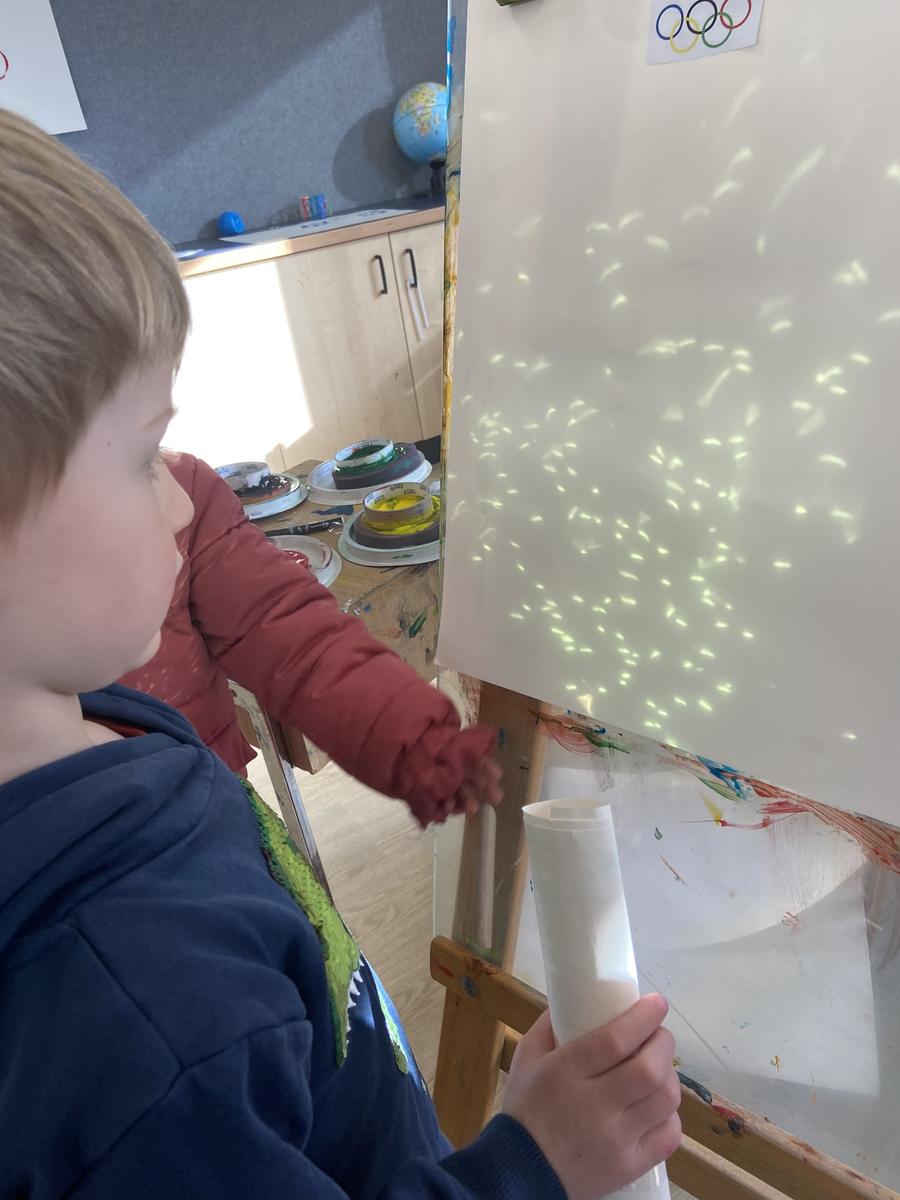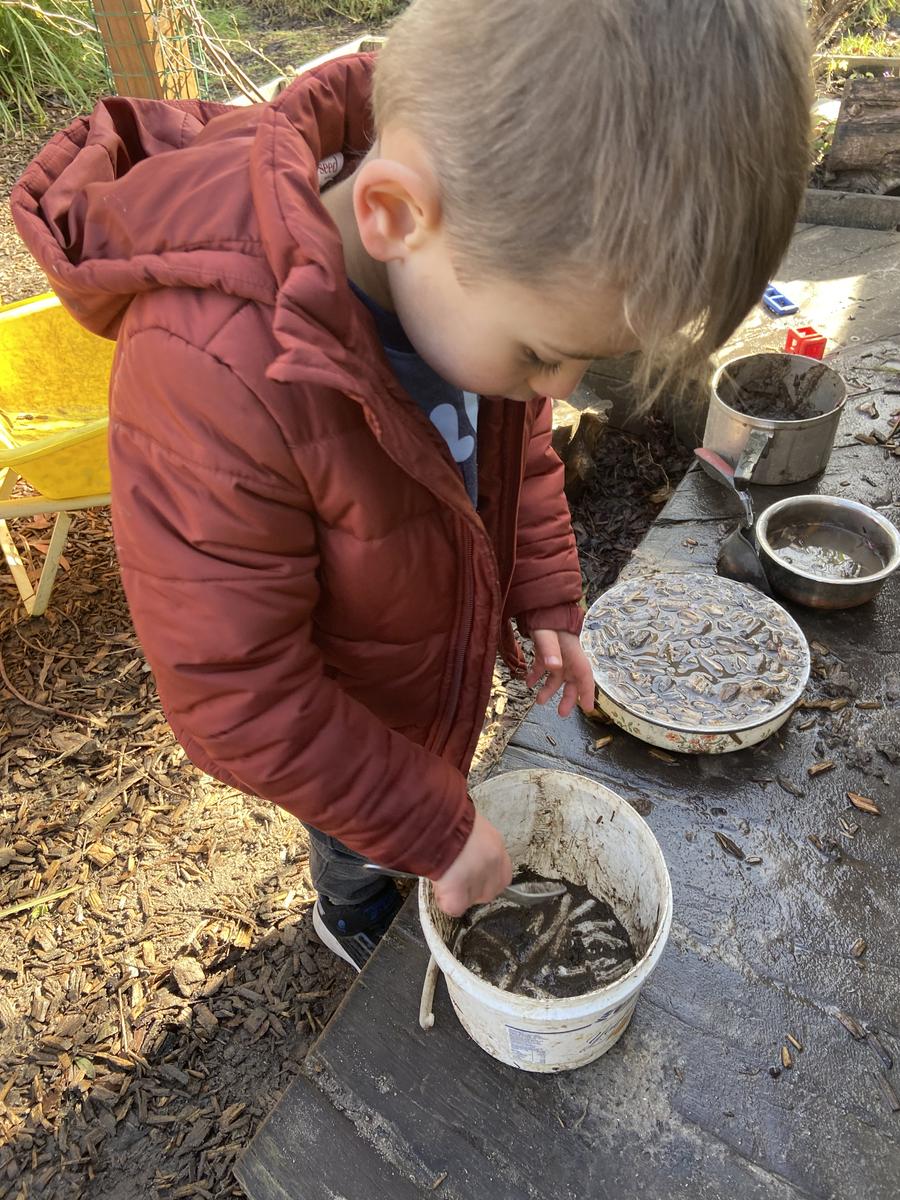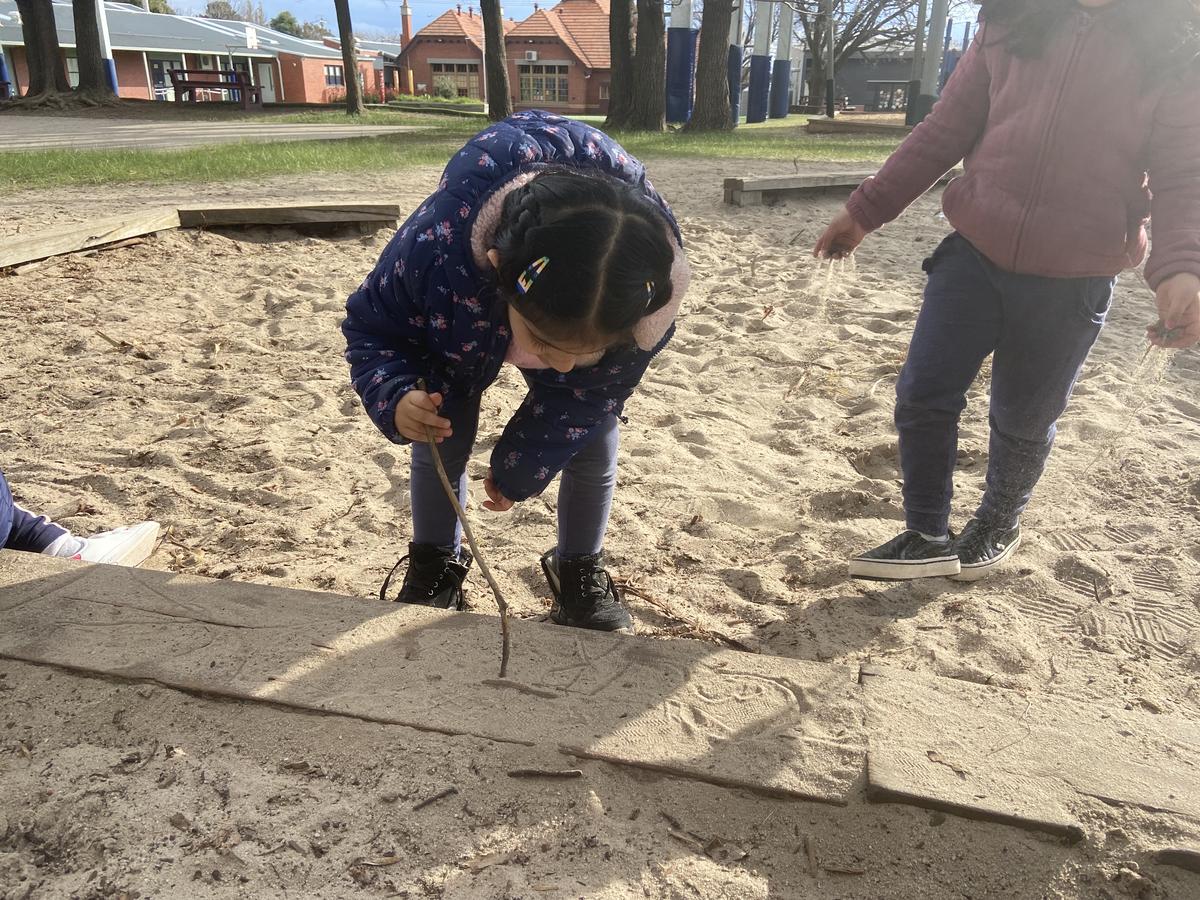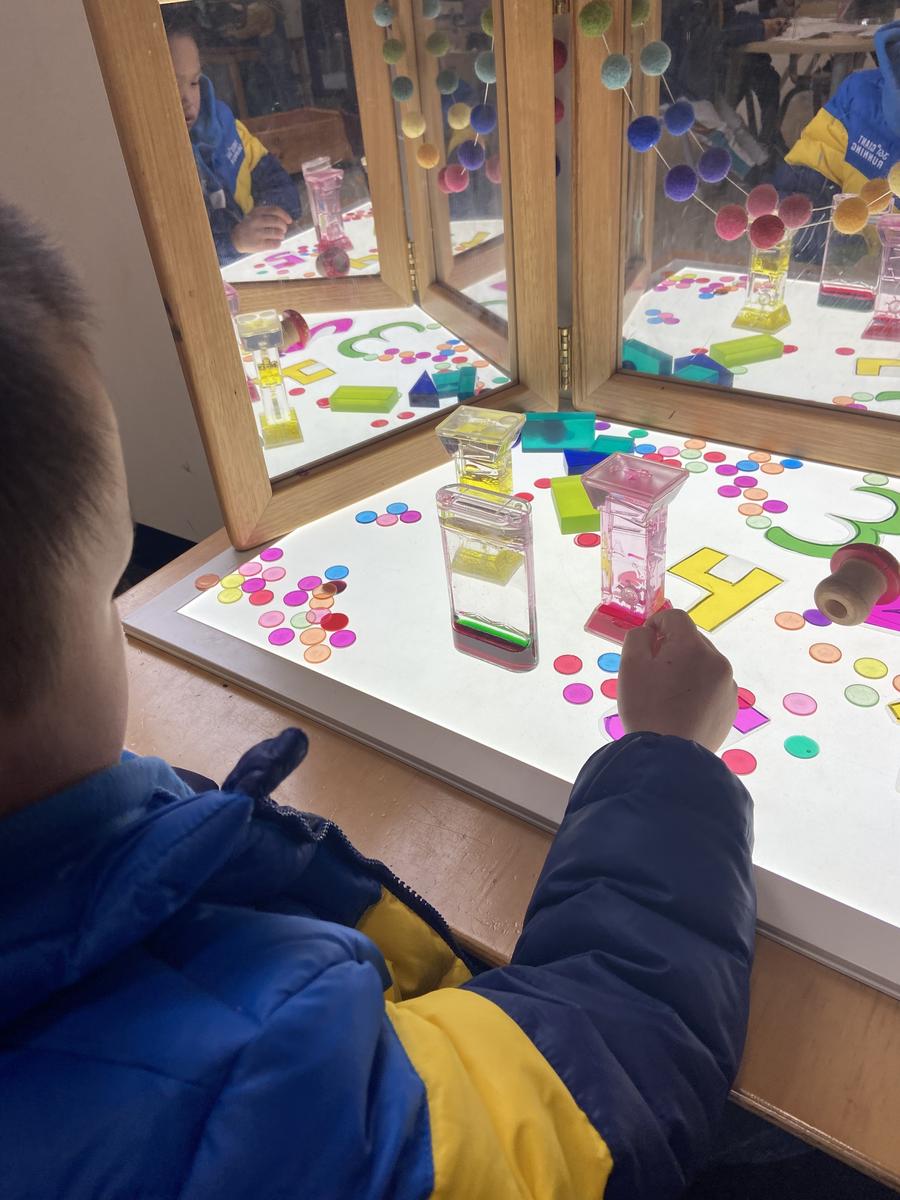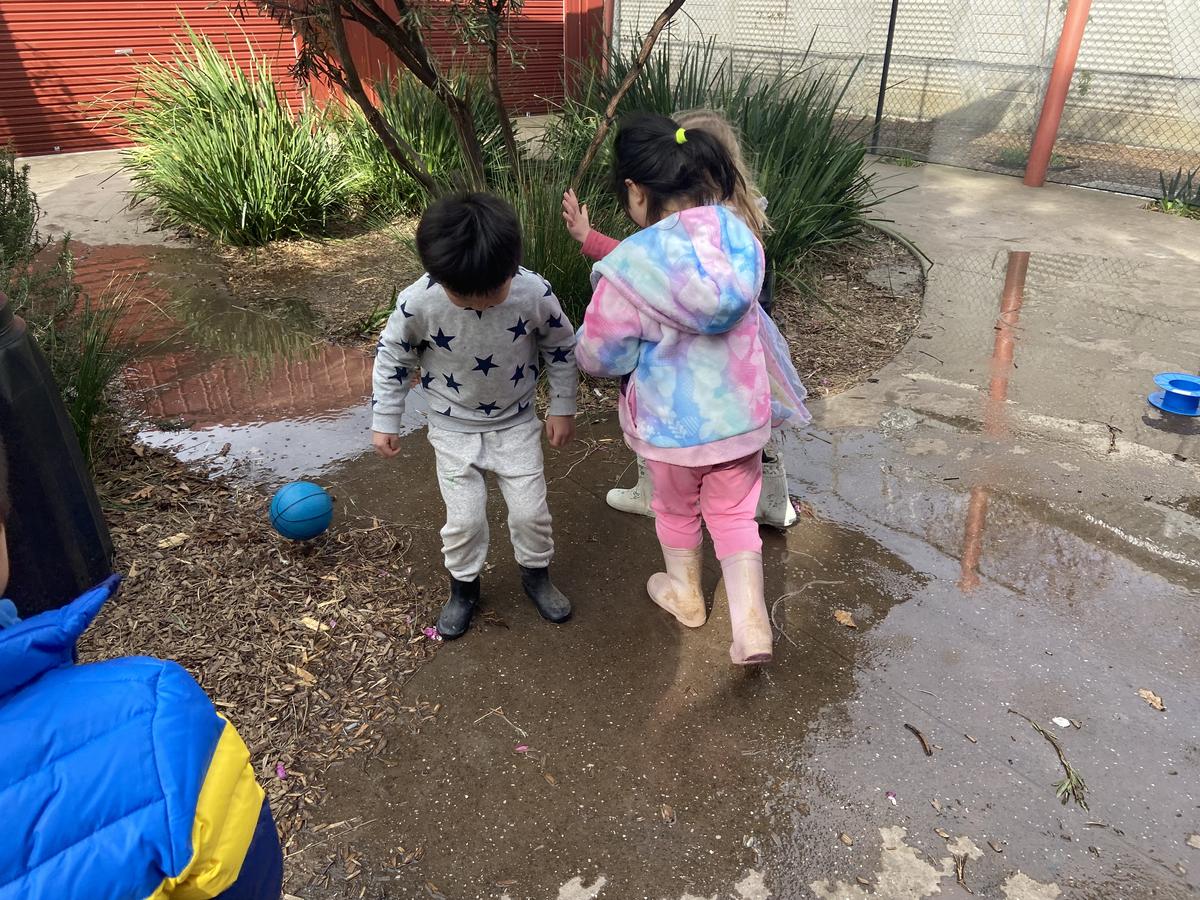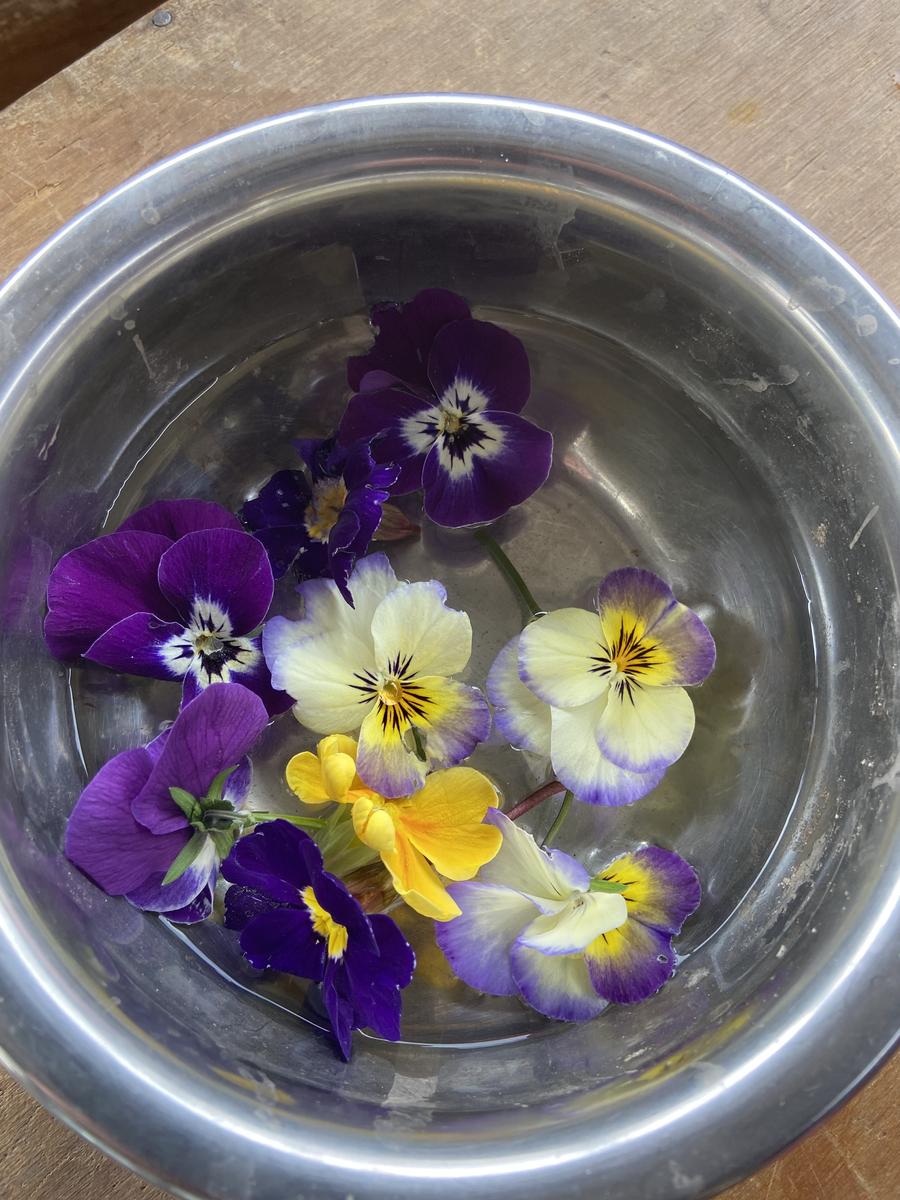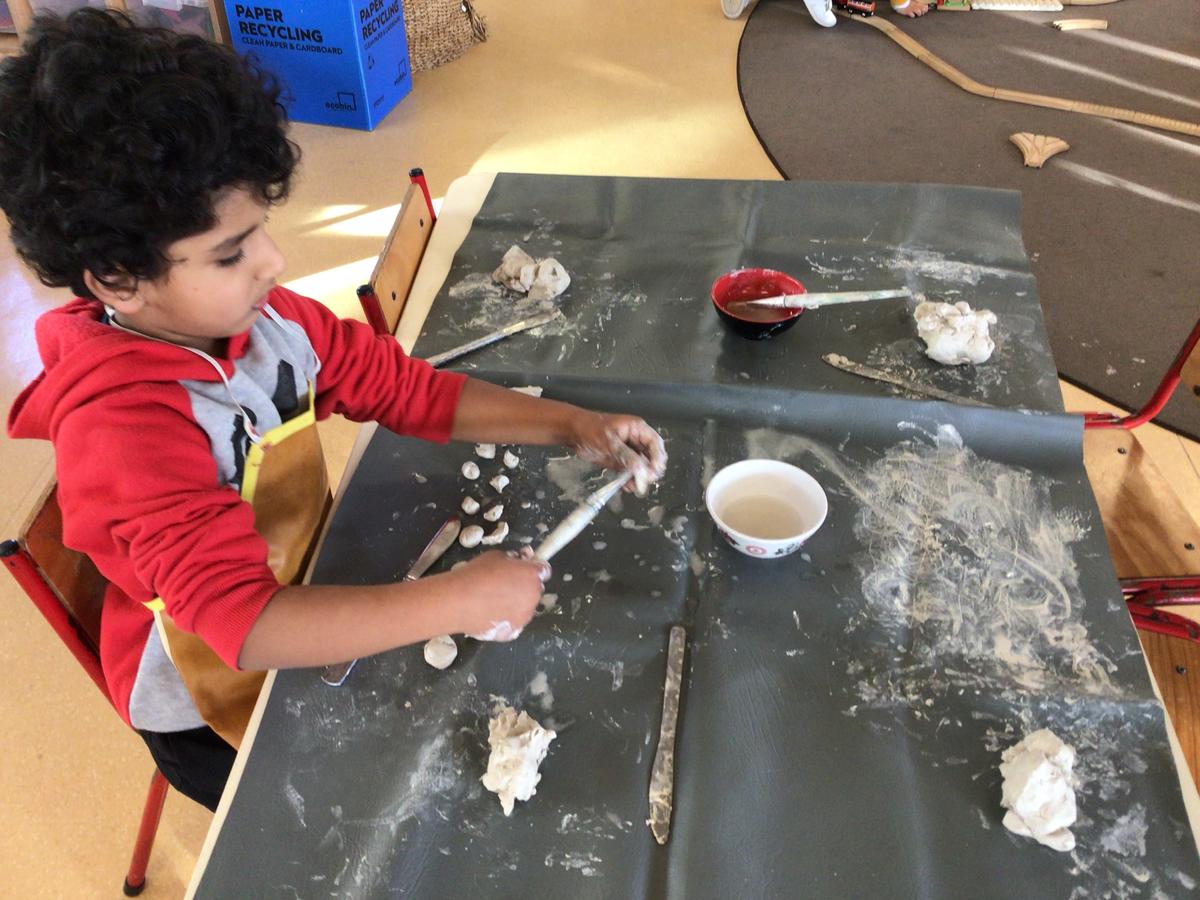Benefits of sensory learning in early childhood
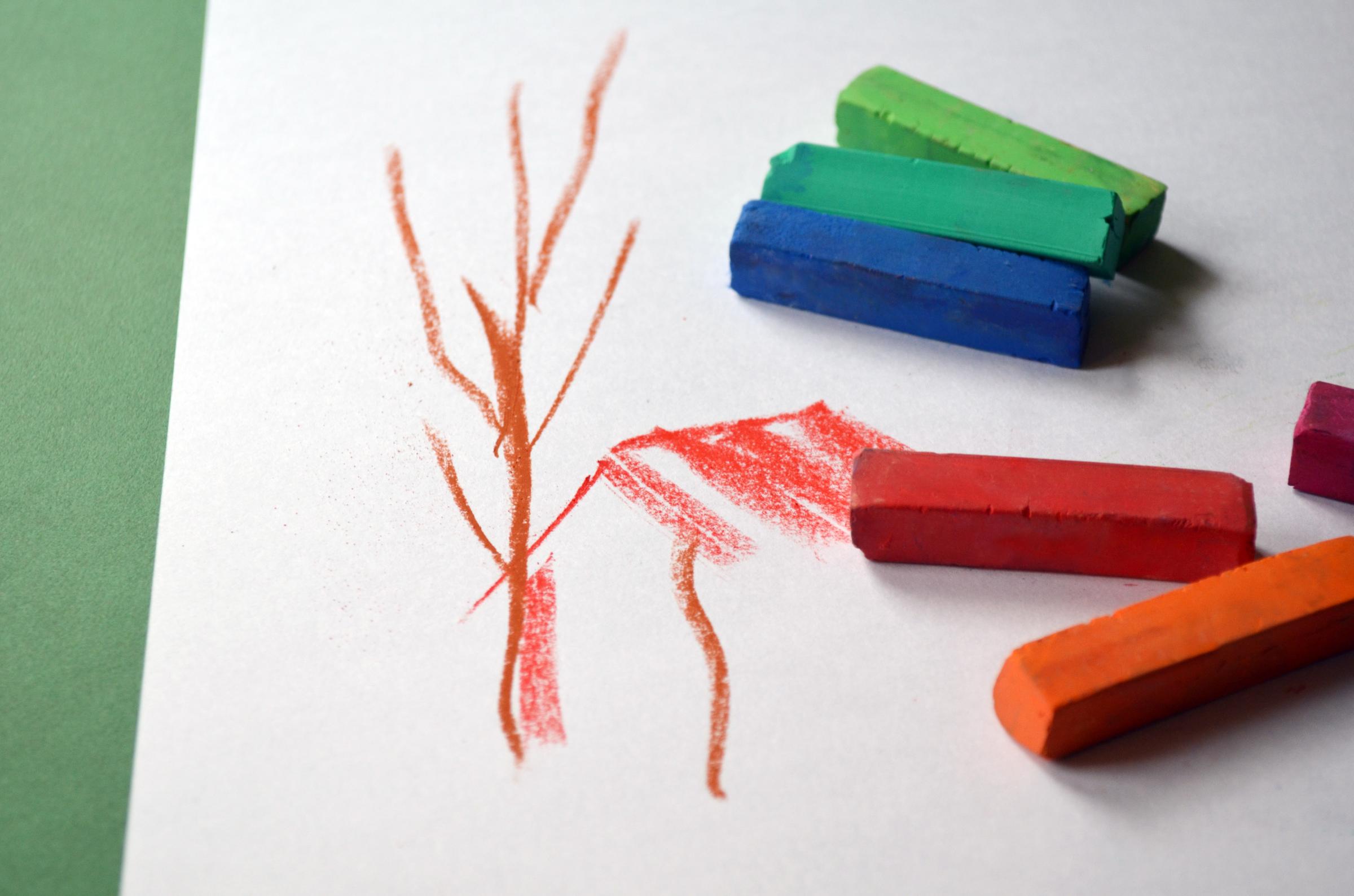
In both our three and four-year old kindergarten programs there is always a strong emphasis on incorporating opportunities for sensory play.
"The term ‘sensory learning’ refers to the way in which young children use all their senses to gather information as they play. Sensory play and learning are part of all the living and learning experiences in which children involve themselves." Early Childhood Australia
"As a child embarks on learning a new skill, or is acquiring further information about something, they quickly learn to use a variety of senses to maximise learning and development. Research highlights the correlations between multisensory interactions for learning and increases in social, emotional, cognitive, language and physical development (REF). As children grow, it is imperative they are given opportunities to learn through tactile (hands-on), visual, auditory, olfactory (sense of smell) and taste stimuli, as it is through this reciprocal relationship between sensory input and thinking that children gain their power (new knowledge and skills)." The Sector, 2021.
The following benefits for children's learning have been identified....
Developmental Domain Sensory stimulus benefits
Cognitive
Sensory memory (ability to use sensory experiences to understand and gain knowledge via observations skills & hands on experiences). Development of mathematical concepts (classification, size, conservation, counting, timing, seriation, sorting). This is achieved as children manipulate objects in play-based learning experiences. Increased concentration levels promoted via multisensory inputs to match various learning styles, enabling children to focus on experiences. Encourages ‘scientific thinking’ via lateral thinking, problem solving and decision making
Language
Tactile based experiences assist children’s development pre-writing skills (fine motor skills, pencil grip), increased vocabulary & use of descriptive words (e.g., smooth, rough, spiky, silky, sweet, sour, spicy etc.) via various sensory inputs
Physical
Development fine and gross motor skills through various physically active experiences enables children to control their muscles, refine levels of coordination and stability. Active sensory play exposes children to new situations and develops their spatial awareness
Social
Multisensory experiences (dramatic play, active play, literacy experiences, cooking etc), enable children to develop imagination, role play, confidence, leading and following play themes with peers, social conversations, sharing of ideas and concepts, interact and engage with peers, learn prosocial behaviours, interpret peers verbal & nonverbal cues in play. Older children will learn cooperative skills, turn taking and negotiation skills as they engage with various sensory based experiences
Emotional
Self-discovery experiences affords children the opportunity via their senses to manage their emotion, learn self-regulatory behaviours, use sensory experiences to calm anxieties (e.g., pouring, squishing, water play etc) to learn and understand how to control their feelings
Information sourced again from 'The Sector' 2021 but backed by extensive research over many years.
When you pick up your child and see paint, mud, water, sand etc on their clothes, play dough under their nails and smudges on their lovely little faces you will know that your child has been deeply engaged in learning throughout their day here at kindergarten.
